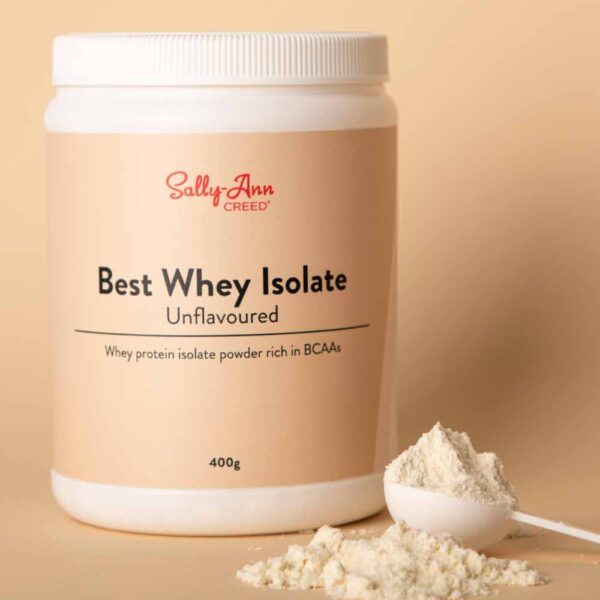You’ve probably heard the term ‘adrenal fatigue’ before. It’s used by some health practitioners to describe a syndrome (or group of symptoms) brought on by overworked and fatigued adrenal glands. Although the term has become more widely used in recent years, it’s currently not a medically accepted diagnosis. Here’s a closer look at this somewhat contentious syndrome – what causes it, the signs and symptoms, and what you can do if you suspect you’re experiencing some degree of it.
First things first: what do your adrenal glands do?
These two small triangular-shape glands that are located on top of your kidneys. These glands are well-known for secreting the stress hormones adrenaline and cortisol – and as Healthline.com explains, they are responsible for producing additional hormones that help your body to burn fat and protein, regulate sugar and blood pressure.
What causes adrenal fatigue?
As with many other health problems, chronic stress is the culprit. When you experience stress, your body produces and secretes high levels of cortisol. Over a sustained period, this can overload or exhaust your adrenal glands to the point that they no longer produce the cortisol your body needs.
What are the signs and symptoms?
Cortisol is essential for health and if your body isn’t producing sufficient amounts, you may experience a range of unpleasant symptoms. The signs of adrenal fatigue typically include:
- Constant tiredness
- Weight issues
- Mild to severe depression
- Low stress tolerance
- Sleep problems
- Anxiety or panic attacks
- Low sex drive
- Mild to severe brain fog
- Gut issues
- An inability to adequately recover from exercise
What can you do?
If you think you’re experiencing adrenal fatigue, the following lifestyle changes can help you get back on track.
- Try to reduce stress. Remove stressors where you can and try to incorporate stress-management strategies into your routine, like yoga, breathing exercises or meditation.
- Eat healthy, whole foods. Aim for a lower-carbohydrate diet that includes enough protein – protein supports adrenal function – and healthy fats like butter, ghee, coconut oil, olive oil,avocado oil, nuts and seeds,etc
- Ditch the junk. Avoid processed foods, foods high in sugar and salt.
- Get enough sleep. Lack of sleep negatively affects your health in a whole host of ways and can exacerbate stress levels, so make sure you get plenty of rest.
- Consider supplements. Adding the following supplements to your daily routine can be helpful:







